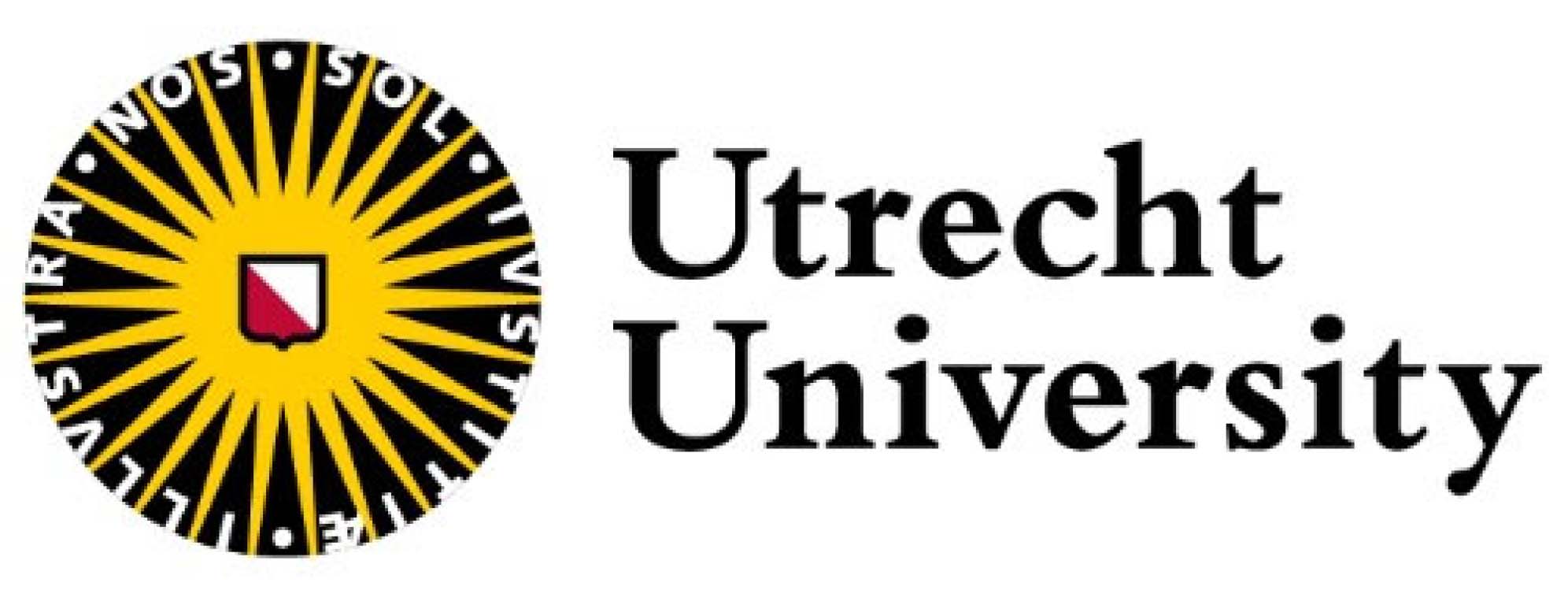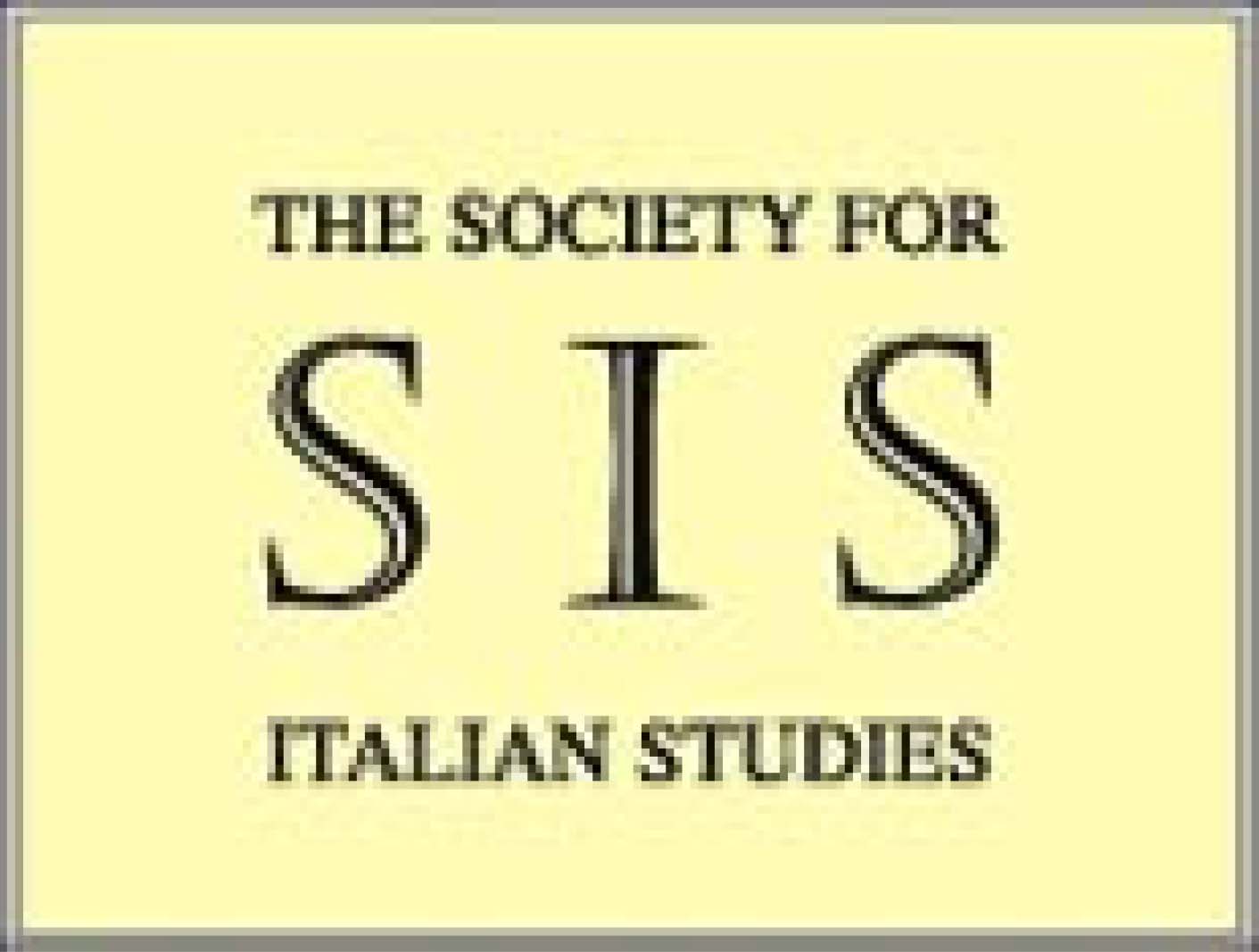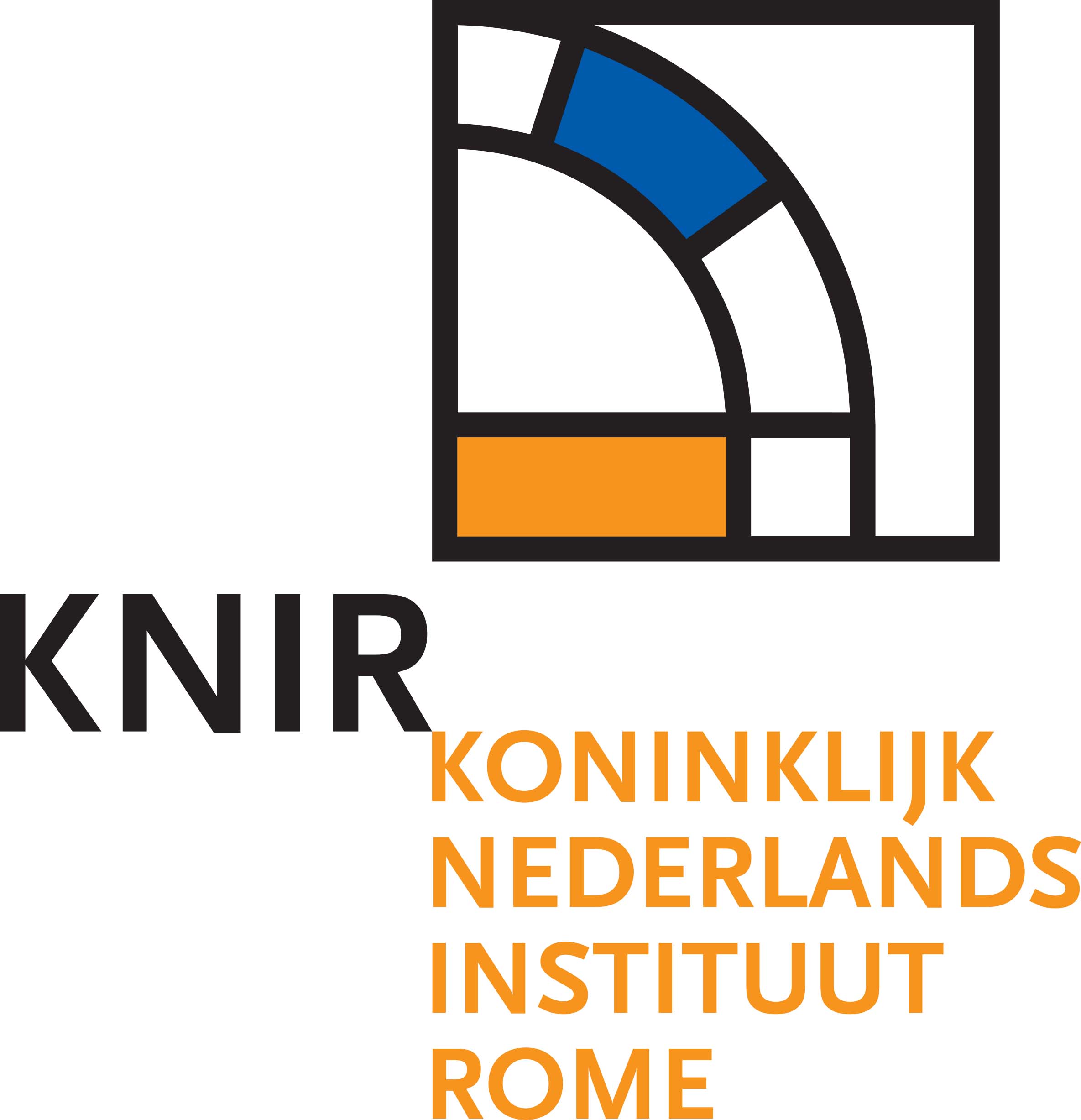In defiance of the prophesies of twentieth-century theorists and thinkers, religion has not been displaced by secularisation. Rather, it has become one of the most visible and complex fault lines of the 21st century. The co-presence of religious and secular discourses, as well as an increasingly multi-religious public sphere, have become a significant part of contemporary culture in the age of migration.
In this international research seminar, we explore the interactions between secularization and the post-secular in the public sphere from the disciplines of sociology, history, philosophy, and the arts. In doing so, we will use a transnational lens to challenge the Eurocentric model of “national distinctions which follow geographic, historical and linguistic boundaries […] modelled on 19th and early 20th century maps of the world” (Burdett and Polezzi 2020). More specifically, we will focus on Italy not as an imagined homogeneous nation but as a conglomerate of cultures: the seat of a global religion with over a billion followers worldwide; the peninsula at the crossroads of the Mediterranean, positioned in geographic proximity to the Islamic world. Finally, Italy’s long history of imperialism contributes to its place as a locus of religious mobility and mixing that belies the common narrative that Italy is a mono-religious nation. This seminar will extend the transnational to models outside Europe to challenge the Western-based post-secular thesis. With examples from Italian cinema and literature, it will ask how these cultural productions mobilise the religious/secular tensions, and what they can tell us about post-secular Italy in light of religion in global society.
The research seminar will be in English.
The following scholars have confirmed their participation: Prof. Pierpaolo Antonello (Cambridge University); Prof. Florian Mussgnug (University College London); Dr. Pooyan Tamimi Arab (Utrecht University); Dr. Marco Zonch (University of Warsaw).
Programme
28 April, starting at 10.30 CET
The format proposed is aimed at creating expert dialogues around each couple of papers. For this purpose, a short version of the paper will be made available one week before.
10.30-11.10 Welcome. Introduction and discussion statement by the organisers
11.10-11.55 Keynote lecture by Pooyan Tamimi Arab (Utrecht University): Secularization and religious transformation in the Islamic Republic of Iran: Survey challenges and sociological implications
11.55-12.30 Respondent Enzo Pace (Università di Padova, online). Discussion
14.00-15.15 Session 1: Religion, ethics, and literature
14.00-14.25 Pier Paolo Antonello (University of Cambridge): “We have never been secular”: Roberto Calasso, modernity, and the metamorphoses of sacrifice
14.25-14.50 Marco Zonch (University of Warsaw): Scritture postsecolari – Postsecular writings
14.50-15.00 Respondent Florian Mussgnug (University College London)
15.00-15.15 Discussion
15.15-15.30 Coffee break
15.30-16.45 Session 2: Christianity and Islam: Cinema, performance and cultural practices
15.30-15.50 Clodagh Brook (Trinity College Dublin): Italian Post-secular Contemporary Cinema: Religious Residues or Cement?
15.50-16.10 Monica Jansen (Utrecht University) & Maria Bonaria Urban (KNIR): Postsecular Italy according to Sorrentino: The Young Pope in dialogue with The New Pope
16.10-16.25 Respondent Pierpaolo Antonello (University of Cambridge)
16.25-16.45 Discussion
16.45-17.00 Coffee break
17.00-18.00 Conclusions and research meeting (this research meeting is reserved for speakers only and streaming via Zoom is not foreseen)
19.00 Public event (only live presence at KNIR, no Zoom session): Q&A with the director Phaim Bhuiyan of Bangla (Fandango, 2019, 87 min.)
This research seminar has been organized with the kind support of:
Utrecht University Institute for Cultural Inquiry (ICON) – Aspasia Funds 2019
The Society for Italian Studies (SIS)
Royal Netherlands Institute in Rome
Photo credits “Street art – Torpignattara”: https://www.facebook.com/streetartaroma/posts/awesome-artwork-byhoek_mvt-hoekgojoabbestia-gojomartinkurokuma-teddykillerfor-st/1382812701913173/






